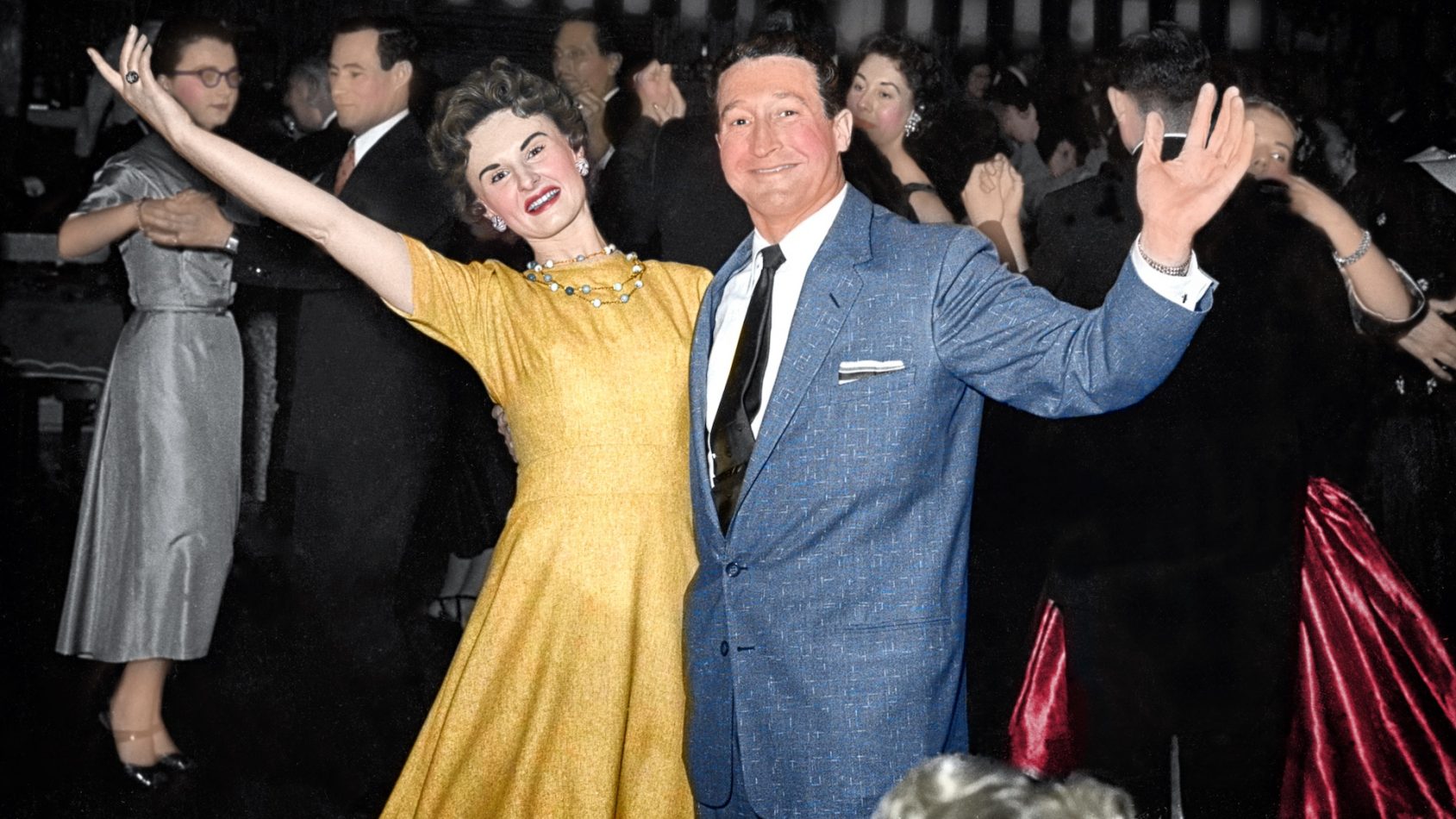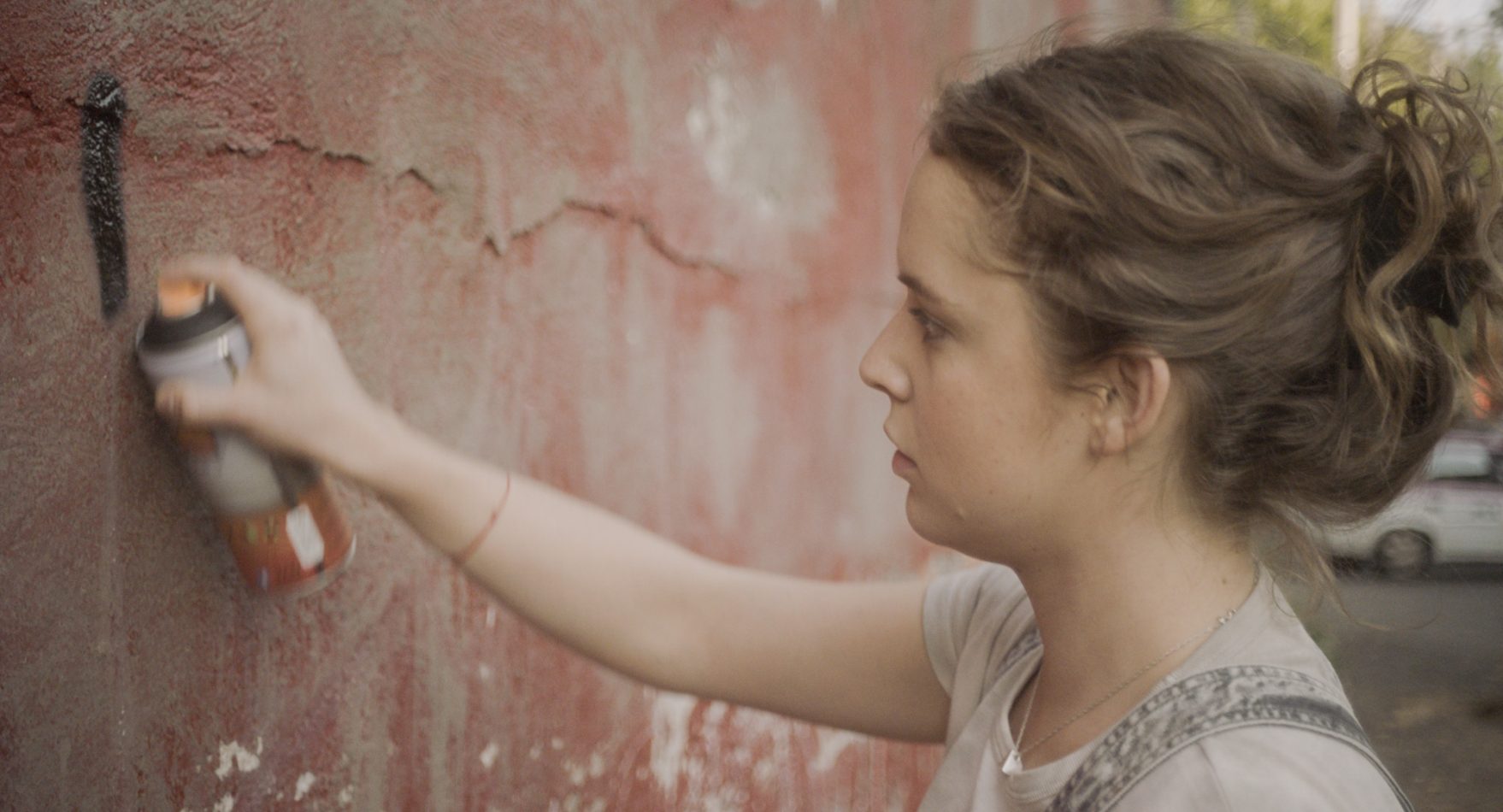A warm but suffocating community of Syrian Jews living in Mexico exerts pressure on and steps up matchmaking efforts when one of its attractive young members reveals she’s dating out of the faith. That’s a theme of “Leona,” the debut film by Isaac Cherem who is a member of that community.
“I had to find enough sympathy to be able to write and direct those characters,” he said. “Of course, I sympathize more with Ariela (the heroine).”
In the documentary “Forgotten Soldier,” a Dutch Jew who rarely talked about his wartime experiences emerges as an “unsung hero” who rescued hundreds of Jews from the Nazis in Lyon, France, in the early 1940s, said Lucile Smith, its director. Despite the skepticism of many, Sally Noach’s daughter found proof of her father’s valor when she meets survivors he had saved.

In “The Mamboniks,” another documentary, the Latin dance craze turns out to have unexpected Jewish connections, according to filmmaker Lex Gillespie.
“My wife told me a story about her grandmother Mildred, who in her 80s had a bucket list item: to go to Grossinger’s [the Catskills resort] and learn the mambo,” said Gillespie. The craze happened in New York, he added, because of its large Jewish population, and a new culture arriving from Cuba and Puerto Rico, with “exciting new sounds and big flashy dance bands.”
The three films are among the offerings that comprise the Washington Jewish Film Festival, presented this month by the Edlavitch DCJCC for the 29th consecutive year. (“Leona,” Wednesday, May 15, at AFI Silver Theatre; “Forgotten Soldier,” Sunday, May 12, at AFI; and “The Mamboniks” on Saturday, May 18 at Bethesda Row Cinema, and Wednesday, May 22, at AFI.)
What is different this year, though, said Ilya Tovbis, festival director, is that it’s really two events in one. Formerly, the JCC also sponsored a separate music festival; this year they co-exist.

Under the collective name of “JxJ,” the event is a multidisciplinary arts project that encompasses the two festivals alongside original cutting-edge hybrid arts programming —presented as “one massive experience (that) takes over” the greater Washington area for three weeks with some 120 events, Tovbis said.
The genres represented in the music festival component of JxJ include classical, blues, flamenco and klezmer. Among the offerings are “The Ancient Law,” a cine-concert that combines a screening of the silent 1923 film by that name and a live original score by fiddler Alicia Sigils of the Klezmatics and the silent music film legend Donald Sosin (Tuesday, May 21, AFI).
The hybrid programming includes comedy, theater and workshops. Among its programs are “The 21%: The Lives of Arab Citizens of Israel” — with screenings of two mid-size films and a discussion (Sunday, May 19, AFI) and the official DC Watch of the Eurovision Song Contest, taking place this year in Israel, via live simulcast. (Saturday, May 18, AFI).
The fact that other communities collaborated merged two festivals inspired us,” said Tobvis. “Artistically, whether it’s a great movie or a concert, the purpose of the festival is to filter through the deeper meaning of the Jewish experience. By attending both festivals, you can stretch your appreciation and engagement with that experience.”
The film, music and hybrid events are interconnected, said Tovbis. “They mirror our own experience, and foster lifelong appreciation of Jewish culture.”
JxJ takes place through May 26 at various metropolitan area sites including AFI Silver Theatre and the Montgomery College Cultural Arts Center in Silver Spring and Bethesda Row Cinema. Tickets range from $13.50 to $30 in advance, $16 to $36 at the door. Festival passes are available, ranging from $30 to $325, as are group discounts. For single tickets, visit the individual event pages on JxJ’s web site and selecting “Tickets.” For a full schedule, visit www.jxjdc.org.